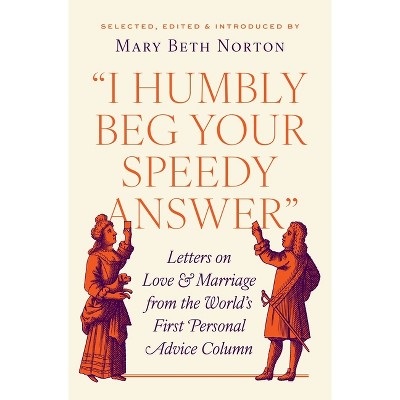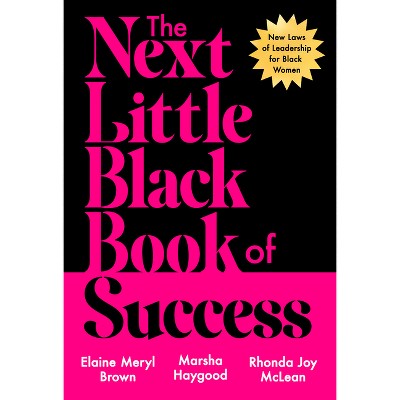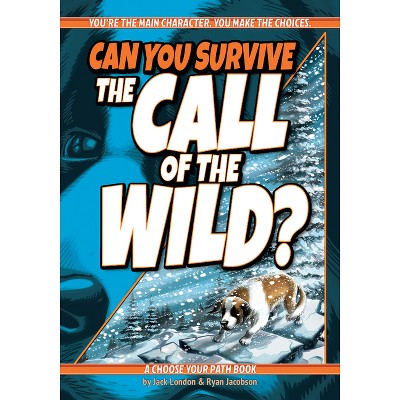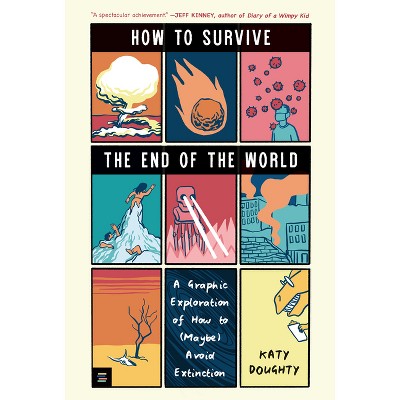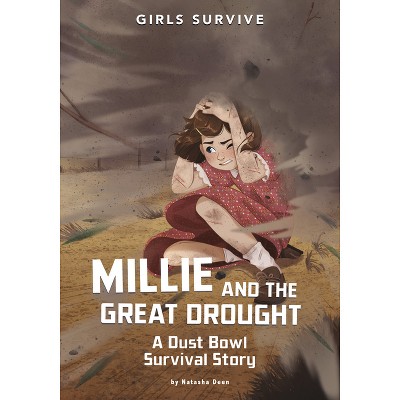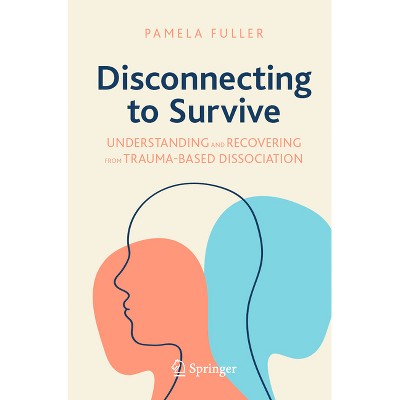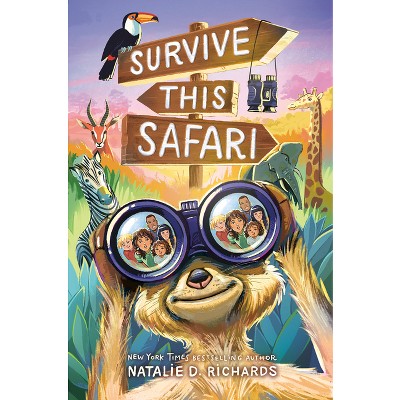Sponsored

Play to Survive - by Chika Watanabe
Pre-order
Sponsored
About this item
Highlights
- We live in a fragile world.
- About the Author: Chika Watanabe is Senior Lecturer in Social Anthropology at the University of Manchester.
- 264 Pages
- Social Science, Anthropology
Description
Book Synopsis
We live in a fragile world. This much is evident as stories abound of natural disasters that wipe out communities in an instant. How can we survive the future on such a planet, amid intensifying climate change? This question is particularly poignant along the Ring of Fire, a tectonic belt in the Pacific region that routinely faces some of the most devastating disasters in the world. Based on ethnographic research spanning seven years, Play to Survive examines the work of preparedness training in Japan and Chile, two primary nations along the Ring of Fire that experience frequent and intense disasters. Experts from these countries have often collaborated to create some of the most advanced disaster preparedness systems in the world. Chika Watanabe traces how local city officials, NGOs, and members of neighborhood and grassroots organizations are, counterintuitively, using fun, playful methods to teach preparation for our darkest hours.
While there are many important studies of post-disaster response, much less is written about the future-orientation of disaster preparedness. This book shows how a transnational group of preparedness experts orient people toward potential disasters in gentle and hopeful ways, focusing on improvisation and repair. In a time of political and environmental destabilization globally, this book offers a unique look at how playful preparedness can reset relationships to environments, to the future, and to each other.
About the Author
Chika Watanabe is Senior Lecturer in Social Anthropology at the University of Manchester. She is author of Becoming One: Religion, Development, and Environmentalism in a Japanese NGO in Myanmar (2019).Shipping details
Return details
Frequently bought together

Trending Non-Fiction









